Health Benefits of Cabbage
Advertisement
-This cruciferous vegetable is actually rich in antioxidants.
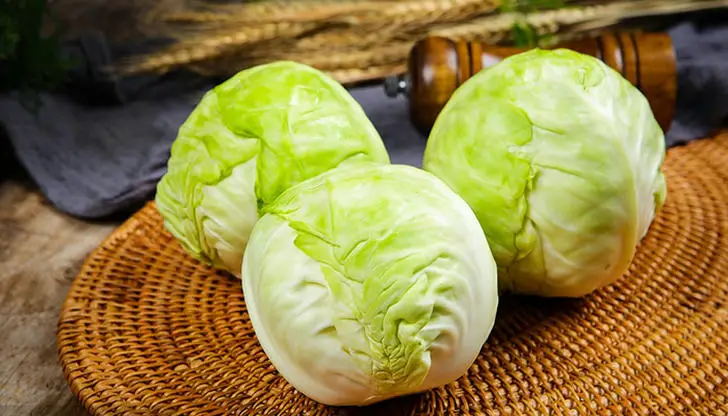
Cabbage is often grouped in the same category as lettuce due to its similar appearance, and is actually part of the cruciferous vegetable family.
Cruciferous vegetables like cabbage, kale, and broccoli are notorious for being packed with beneficial nutrients. If you're looking to improve your diet, cruciferous vegetables are a good place to start.
Cabbage varies in color from green to red and purple, and the leaves can be wrinkled or smooth. With less than 20 calories per half-cup cooked, it's a vegetable worth making room on your plate.
Nutrition
According to the USDA National Nutrient Database, 1 half cup chopped cooked cabbage (75 grams) contains:
• 17 calories
• 4 grams of carbohydrates (including 1 gram of fiber and 2 grams of sugar)
• 1 gram protein
A half cup of cooked cabbage provides 30-35% of your daily vitamin C requirement. It also contains:
• 81.5 mcg vitamin K
• 11 mg magnesium
• 22 mcg folic acid
Cabbage contains the antioxidants choline, beta-carotene, zeaxanthin, and lutein as well as the flavonoids kaempferol, apigenin, and quercetin.
Benefits
It is rich in antioxidants
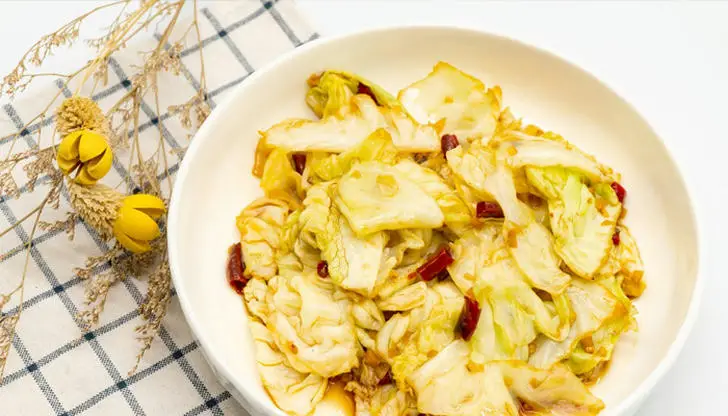
You'll get good doses of things like vitamin C and manganese. But cabbage does shine when it comes to phytochemicals called phytonutrients, a type of cell-protective power.
Good for inflammation
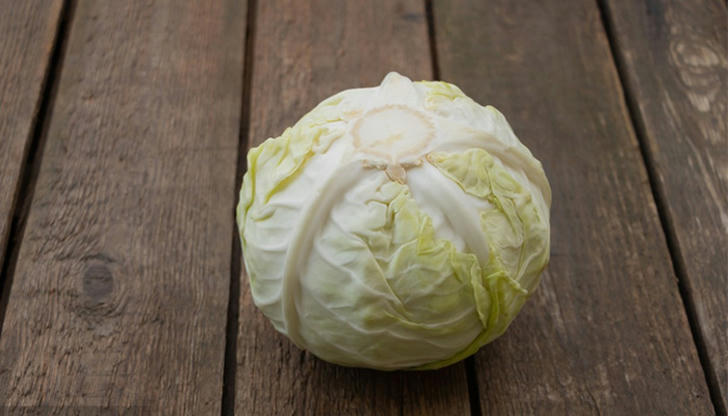
Cabbage contains a lot of chemicals that help relieve swelling of tissues. This helps protect you from other health problems, as inflammation is linked to diseases such as cancer, heart disease, diabetes and Alzheimer's disease.
It may help keep cancer away
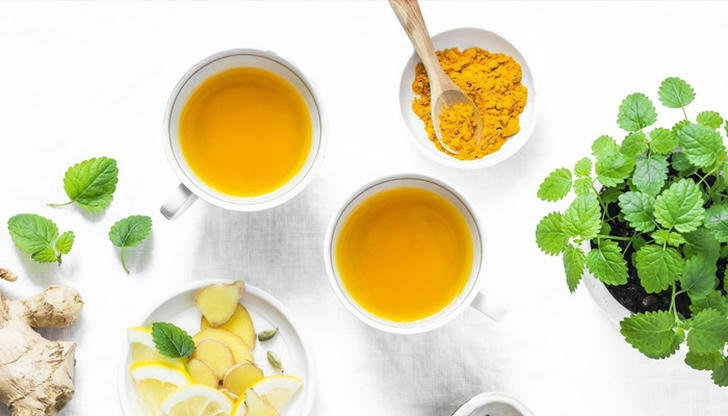
Numerous studies have shown that cabbage can help prevent certain types of cancer. In part, this belief comes from the antioxidant and anti-inflammatory properties of cabbage. It's also because of a substance called glucosinolate, a special sulfur-containing substance, that your body turns into a cancer fighter.
They're also found in other vegetables, including kale, broccoli, Brussels sprouts, and cauliflower.
It helps your heart

Cabbage, especially red cabbage, appears to boost levels of beta-carotene, lutein, and other heart-protecting antioxidants. It also helps lower so-called "oxidized" LDL, which is linked to hardening of the arteries. And because it reduces inflammation, it can help prevent heart disease.
It's good for your digestion
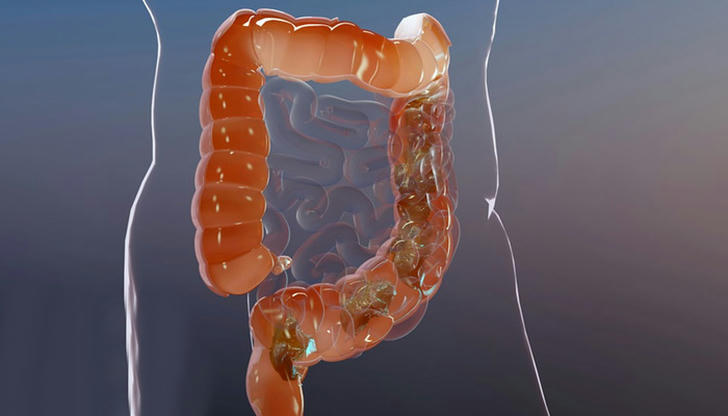
Cabbage has 1 gram of fiber per 10 calories. This helps keep you full so you eat less. It also keeps you regular, and it can help lower your "bad" (LDL) cholesterol and control your blood sugar.
Cabbage also contains nutrients that keep the stomach and intestinal lining strong. Its juice can also help stomach ulcers heal.
Diet

It's easy to add to your diet. Cabbage is a versatile vegetable. You can eat it raw or cooked, and it goes well with a variety of dishes.
For example, it can be steamed to make dumpling fillings, or simmered with red wine, vinegar, apples, carrots, and beets for a delicious side dish.
Cabbage can also be roasted or sautéed with meat or beans, or chopped and used as a nutritious side dish in soups, salads, and hot dishes. It can also be fermented to make pickles.
Risks

Some people also have difficulty digesting cruciferous vegetables and may experience digestive symptoms. Eating small portions and well-cooked cabbage may help.
The most important thing for preventing disease and maintaining good health is the total diet. It is better to eat a multi-food diet than to focus on a single food.



